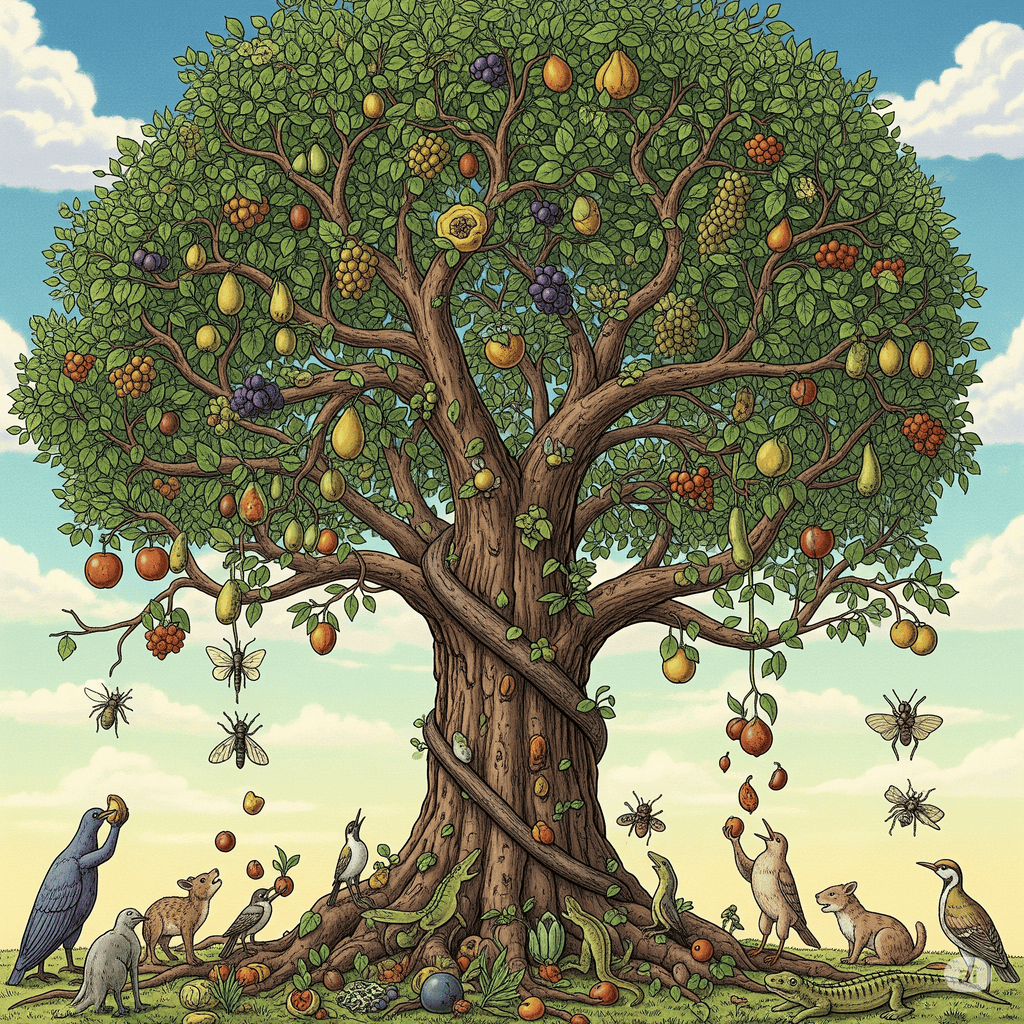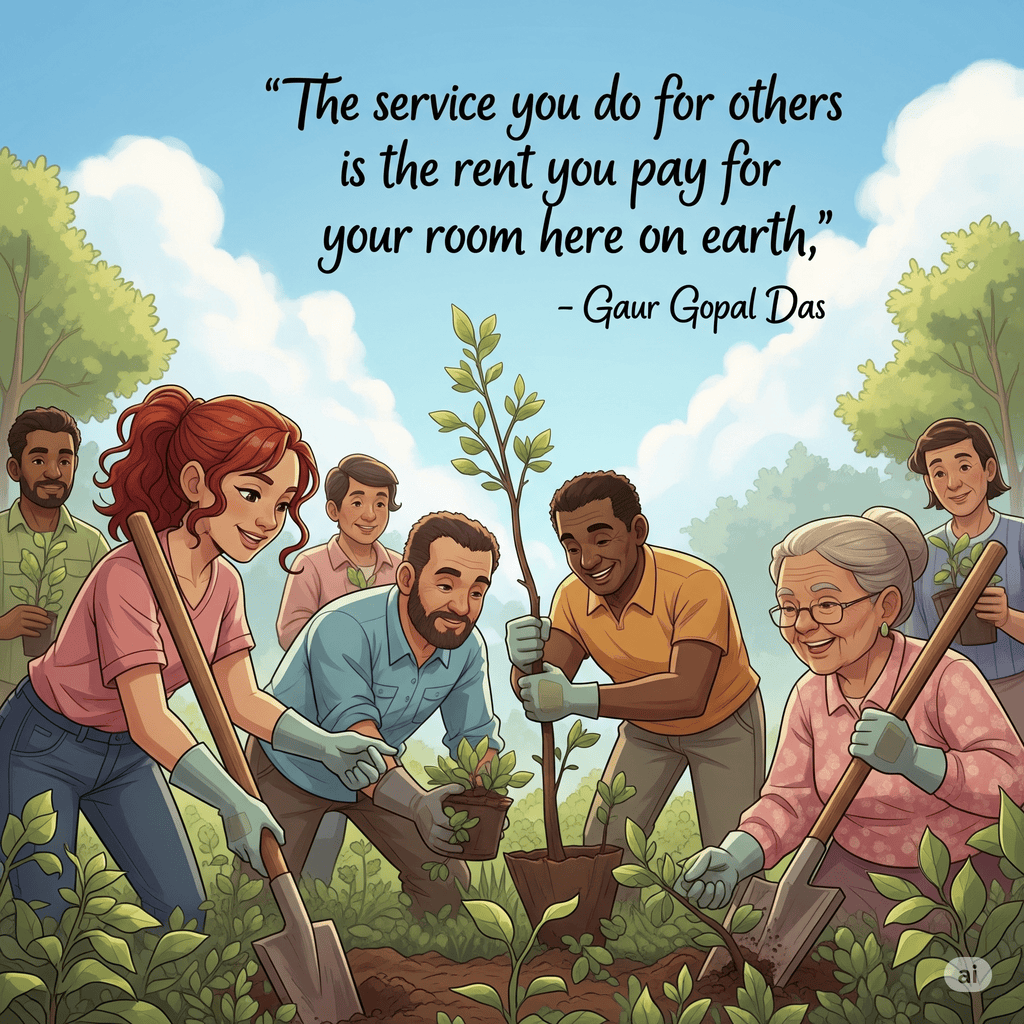Introduction: Why Do We Fail at Negotiation?
Many people think negotiation is just about bargaining over prices or winning arguments. However, most of us fail. Why is that?
Because all this time, we have often focused too much on “numbers” and “logic,” when in reality the real action takes place on a much deeper level: psychology and emotion. To truly understand and master negotiation, you must dare to look into the dark side of the human mind and apply strategies that are often overlooked.
The book “Never Split the Difference” by Chris Voss—a former FBI hostage negotiator for high-stakes cases—offers a revolutionary new paradigm. It is not just theory, but the product of decades of life-and-death situations, direct from the front lines of the world’s toughest negotiations.

Authentic Paradigm: Between Empathy, Reality, and Real Results
Successful negotiation is born from the courage to face raw truth—including negative emotions. You’re not just talking to win, but subtly reading and guiding the meaning of the conversation. Chris Voss calls this “empathic negotiation.”
Labeling – Turning Fear Into Strength
One of Voss’s central techniques is “labeling.” Labeling is not just guessing or assuming what the other person is feeling, but actively “naming” their emotions and concerns. For example: “It seems you have doubts about this offer…” or “It looks like this situation is making you worried.”
What’s its power? Neuroscience has proven that when someone is asked to name their emotions—such as fear—the brain’s activity shifts from the “fear” center (amygdala) to the logical area. As a result, panic intensity drastically decreases, and the other party is much more ready for a rational conversation.
Additionally, labeling helps unravel the quality of communication in high-tension moments: “Exposing negative thoughts to daylight… makes them seem less frightening,” Voss writes. You can control the situation with just a single, simple sentence—if you know how.
The complete framework for effective labeling—including specific phrases and practical exercises—is detailed in five special steps in this book…
Master the Mindset: Negotiators Are Emotional Detectives
A great negotiator trains themselves to become an “emotional detective.” Their task: to catch, understand, and handle emotional cues, whether implied or explicit.
Rather than being busy “crafting the perfect response,” you should sharpen your sensitivity to changes in tone of voice, body language, and your counterpart’s expressions. This is the key to unlocking solutions that have long been hidden beneath layers of prejudice.
However, there are three common pitfalls that often lead negotiators to complete failure when attempting to act as emotional detectives—all the strategies for overcoming them are thoroughly explained in the mentorbuku summary…

Field Story: Terrorists, the Media, and the Dark Side of Negotiation
This book doesn’t stop at the conceptual level. You’re taken into the most brutal arena: elite negotiations with dangerous individuals. One example is when Chris Voss had to face Sabaya, the radical Abu Sayyaf figure known for recording acts of violence and sending them to the media.
Sabaya: a terrorist-sociopath, a killer with a dark history and a string of brutal acts in the Philippines. He loved the media—and knew exactly how to manipulate public perception.
In this real-life experience, ordinary strategies would surely fail. FBI negotiators were forced to go beyond reason: pushing themselves to understand the dark side of their opponents in order to save lives without “splitting the difference” or making dangerous compromises.
Conquering the Opponent’s Ego Through a Realistic Approach
The key to victory in this negotiation was not intimidating words or empty promises. It was the ability to subdue the opponent’s ego with a realistic approach and direct exposure to the emotional reality the perpetrator was experiencing.
Every move, every sentence, had to be crafted to open up a space for dialogue with an opponent who was paranoid, manipulative, and full of hidden agendas.
Yet, advanced communication techniques capable of “hypnotizing” the opponent’s narrative into submitting to reality can only be learned if you master the mix of strategies and authentic FBI sequencing as described in the book…

Why Does This FBI Concept Change the Game?
Many negotiation books advise: “Find the middle ground,” or “Compromise is key.” But the reality on the field is very different. Chris Voss’s concept goes against the mainstream. His techniques expose the biggest myth: compromise is not a guaranteed solution.
The FBI strategy focuses on achieving optimal solutions through deep psychology, not merely narrowing differences. When negotiating with lives at stake, compromise can end in disaster.
Therefore, this approach offers a paradigm shift for anyone who wants to win negotiations—whether in business, family, or everyday life.
However, without a fundamental understanding of the “worst consequences” from misapplying this FBI strategy, you are actually at risk. The three most terrifying patterns of failure when mistakenly adopting the principles from this book are structured and revealed in the MentorBuku reference. Don’t try it recklessly, without a solid foundation…

Conclusion & The Path to the Next Level
Every world-class negotiator knows: winning isn’t about speed, let alone volume. It’s about understanding human nature: emotions, fears, ego, and deepest needs.
The FBI paradigm opens the “second gateway” in negotiation: a world where sharp empathy, labeling, ego play, and personal storytelling are the main weapons. What you have in your hands now is only the foundation—the what and the why.
In the end, you’ll realize: the most important aspect of advanced negotiation techniques is not just knowing them, but applying them systematically, avoiding pitfalls, and building self-reflection.
You’ve just seen the foundation. These concepts are only the tip of the iceberg of what this book has to offer. How do you apply them step by step, avoid common pitfalls, and integrate them into your strategy? All the answers are inside.
Sign up and Get Free Access at MentorBuku Now!



